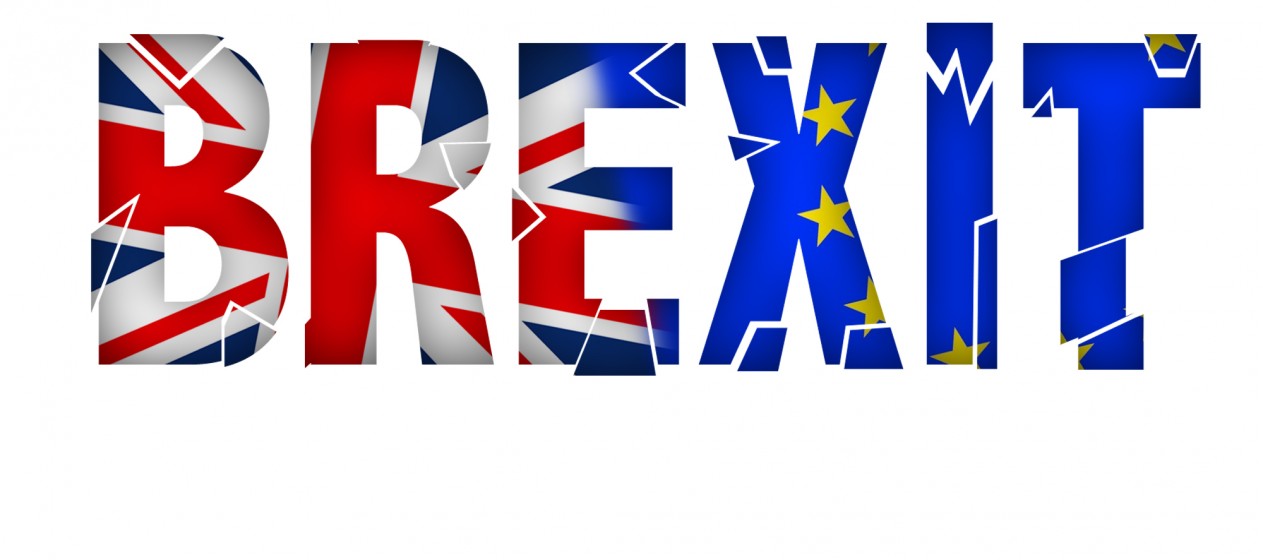Events over the last few days should have put a spring in the step of the euro-sceptics in Britain. The recent draft paper setting out the basic parameters of David Cameron’s renegotiation deal was savaged by the press last week. A YouGov poll for The Times on the weekend put the Leave campaign nine points in front (although research was carried out on line and such a methodology proved to be problematic during last year’s general election). More generally, the European Union (EU) is perceived by many to be in crisis, buffeted by the twin threats of sovereign debt default (especially in Greece) and large scale migration from the Middle East. On the face of it, it looks like a difficult time to be a supporter of Britain’s continued membership of the EU.
However, there are a number of reasons why the Remain campaign ought to be quietly confident going into a referendum campaign which looks set to take place sometime this summer. First, for all the disparagement that Cameron’s renegotiation deal has received, the details of this agreement are unlikely to remain a key feature of the debate for long. Most members of the public are probably unaware of the precise terms of this so-called ‘new settlement’, and are unlikely to be able to make an informed judgement about its merits. To make this point, is not to imply the British public is stupid. Rather, such a judgment would require extensive knowledge of the workings of the EU: knowledge that even the most diligent and conscientious person would find difficult to work up before the plebiscite. As soon as the campaign begins, it is likely to quickly default to a discussion of the costs and benefits of EU membership for Britain more generally.
As and when this happens, the Remain camp will be on much stronger ground. Despite complaints of red tape from a bureaucratic Brussels, recent Organisation for Economic Co-operation and Development (OECD) data has demonstrated that Britain’s product markets are the second least regulated in the EU (after the Netherlands) and its labour market regulation is comparable with non-EU countries such as the US, Canada and Australia.[i] Membership of the EU has helped Britain to increase trade in goods with those countries that are members of this organisation, while at the same time increasing its attractiveness as a destination for foreign direct investment. While much still needs to be done to complete the Single Market in services (the service sector makes up about three quarters of the UK economy) progress towards this goal is likely to be even slower if Britain leaves the EU. Euro-sceptics underestimate the difficulties of forging trade deals in a post-Brexit world. A previous enthusiasm for a multilateral approach to trade negotiations at the global level appears lately to have given way to a preference for bi-lateral deals. Britain’s economy is already comparatively open, meaning it would have relatively little leverage in such an environment.
Conversely, the Leave camp is divided concerning the best focus for their arguments. Leave.EU (supported by UKIP’s leader Nigel Farage) wants to focus on the threat of immigration from the EU. Vote Leave (a cross-party grouping supported by Douglas Carswell, UKIP’s only MP) wants to focus on the economic argument for Brexit, suggesting the UK could successfully become a Singapore style off-shore financial centre (open to capital and migration). Relations between the two groups are not good and barring the occurrence of a significant development, the chances of the two uniting behind a common campaign do not look promising. Instead, it looks increasingly likely that Vote Leave will become the group to lead the official Leave campaign.
If the euro-sceptics are organisationally divided, they also remain unclear precisely what Brexit will mean for Britain in practice. Some support the idea that the UK should try and retain complete membership of the Single Market after Britain leaves the EU (the Norwegian option). Alternatively, London could negotiate individual agreements in preferred sectors, in a sort of ‘pick ‘n’ mix’ fashion (the Swiss Option). However, as critics have noted, if Britain wants full or even partial access to the Single Market it would still have to accept EU regulations as part of the deal, yet would now have no influence over the content of these rules. Other argue that Britain should quit the Single Market altogether and use its membership of the World Trade Organisation (WTO) to open up trade with the EU. While the WTO has helped to bring down barriers to trade in goods, it has been much less successful when it comes to opening up international markets in services. None of these arguments seem to demonstrate convincingly that Brexit would allow Britain to gain greater control over its economic future.
Finally, while it is true that the British press has become notably more euro-sceptic since the 1990s, there are reasons to question how much influence this section of the media will have on the referendum result. Research suggests that the majority of the electorate is as likely to get their political news from the television or the radio. Of course the coverage of current affairs programmes on these media outlets can be influenced by articles in euro-sceptical newspapers. But TV and radio journalism is constrained by a legal requirement to provide political balance. This constraint is likely to at least partially negate the impact of papers like The Sun, The Mail or The Express on public sentiment.
Of course, there is a long way to go and it would be a brave person to predict the result of the referendum this far in advance. At the time of writing, Boris Johnson has yet to declare his hand, and his support has the potential to dramatically alter the fortunes of the Leave campaign which currently lacks a really high profile leader. However, it remains the fact that the Leave campaign has to sell change. And if it is to sell change successfully it needs to be united around an alternative course of action, and clear that this alternative is better than the status quo. At the moment, it has failed to demonstrate either. Until it does so, it is likely to lose the vote when it takes place.
[i] J. Springford, S. Tilford and P. Whyte (2014) The Economic Consequences of the Leaving the EU (London: Centre for European Reform) pp. 43-44







